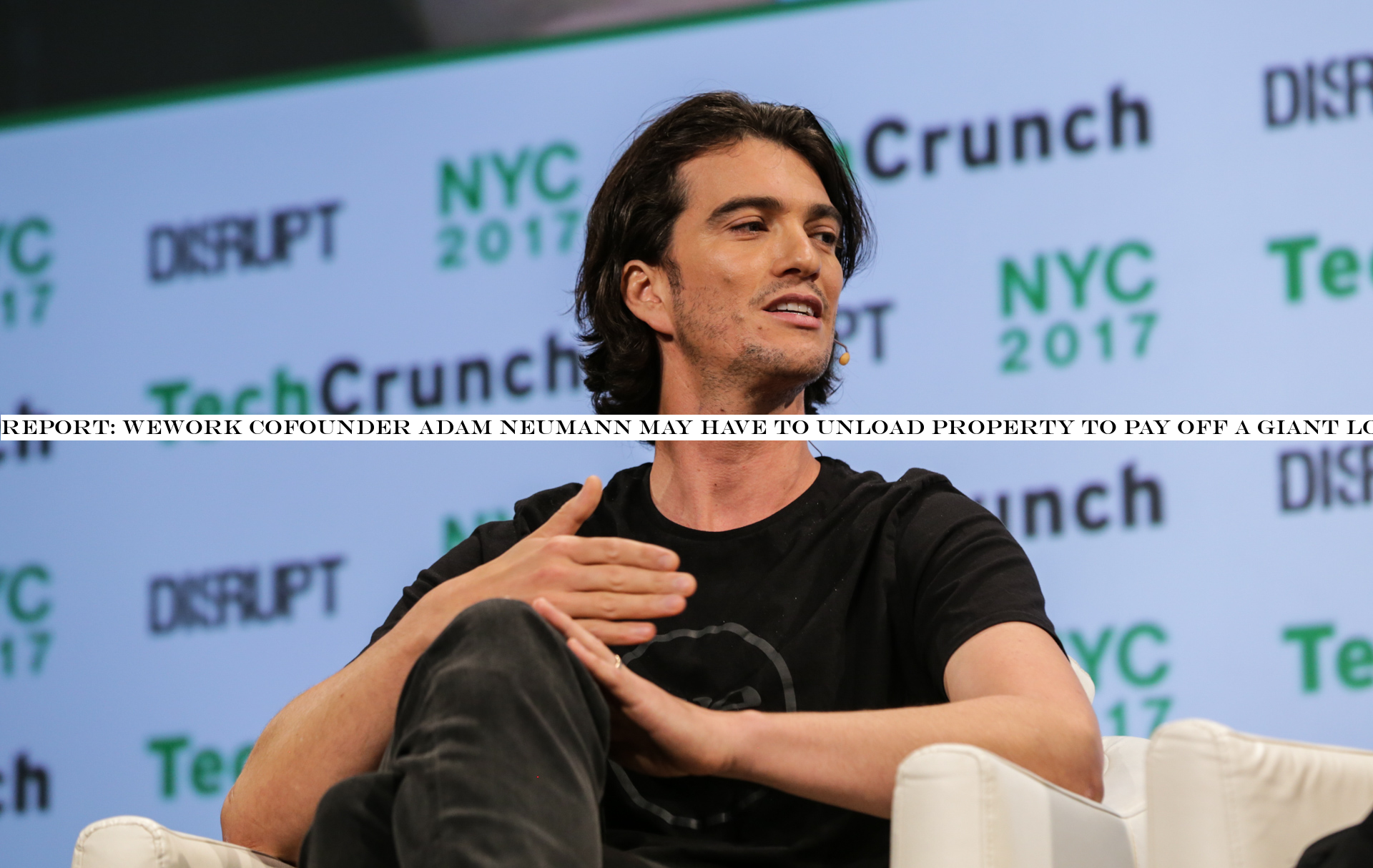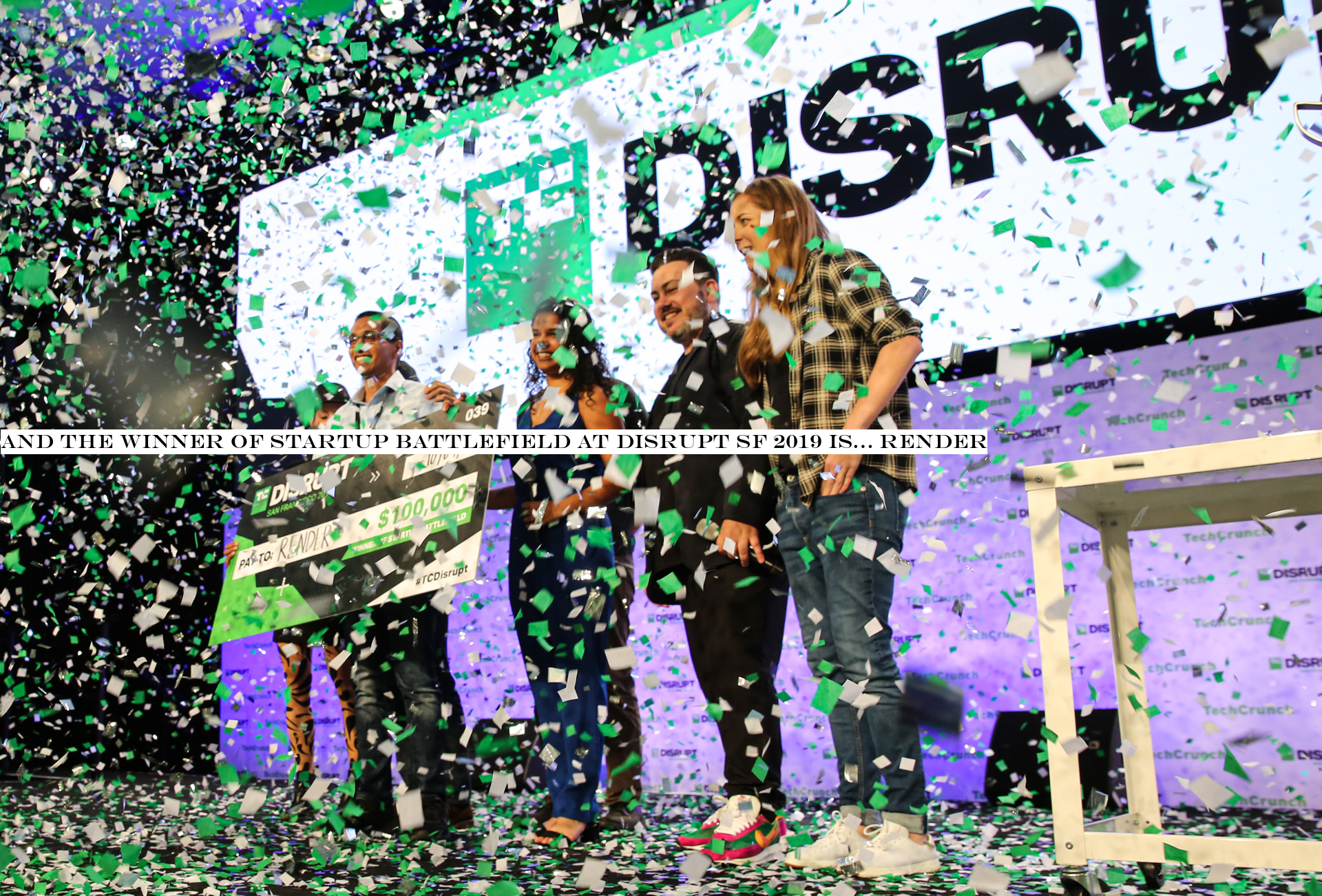Music
Trailers
DailyVideos
India
Pakistan
Afghanistan
Bangladesh
Srilanka
Nepal
Thailand
StockMarket
Business
Technology
Startup
Trending Videos
Coupons
Football
Search
Download App in Playstore
Download App
Best Collections
Technology
Payments firm PayPal has become the first company to pull out of an alliance that is trying to launch Facebook's digital currency Libra.
PayPal made the announcement in a statement on
- Details
- Category: Technology
Read more: Libra: PayPal first to drop out of Facebook cryptocurrency
Write comment (95 Comments)
- Details
- Category: Technology
Read more: First all-female spacewalk back on after embarrassing cancellation
Write comment (95 Comments)
The internet of things (IoT) brings with it a wide range of IT security headaches, along with compliance nightmares — and turf wars.
Internal problem No. 1: Departments that typically have little to no interactions with IT are now directly ordering corporate IoT devices. Maybe you've got Facilities purchasing IoT door locks or Maintenance buying a ton of IoT light bulbs. Given that those departments have been purchasing door locks and light bulbs for as long as anyone can remember and have never needed IT or security's signoff, this can be a problem.
Internal problem No. 2: In many ways, IoT devices (think of devices for tracking pallets on ships or for monitoring where every fleet car is and how fast it's been driven) are very different from anything else that IT or security has dealt with. The units are capturing data that has never been tracked before — Hello, Compliance. Go away, GDPR regulator — and in different ways, such as bypassing enterprise LANs and cloud networks and using internal antennas to directly communicate.
To read this article in full, please click here
- Details
- Category: Technology
Read more: IoT dangers demand a dedicated group
Write comment (99 Comments)
Adam Neumann may be out of the daily flow of WeWork, but he seemingly remains top of mind to some of the companybankers.
According to a new Business Insider piece, Neumann is working with JPMorgan, UBS, and Credit Suisse to consider new terms for a $500 million loan that he took out before WeWork filed to go public, and from which Neumann has already drawn down $380 million. Since he can no longer pay the loan with proceeds from selling WeWork shares publicly (it yanked its S-1 filing earlier this week), he may have to put up some of his properties or other assets as collateral for the loan, according to one of BIsources.
&No terms have been set,& a spokeswoman for Neumann tells the outlet.
Per earlier reports, Neumann has plenty to offload if it comes to it, having acquired numerous residential and commercial properties over the years.
Among his reported investments is a $10.5 million Greenwich Village townhouse; a farm in Westchester, New York; a home in the Hamptons where he reportedly weathered the storm with his family ahead of resigning as CEO last week; and a $21 million, 13,000-square-foot house in the Bay Area with aguitar-shaped room.
According to an earlier WSJ report, Neumann has also bought several commercial properties through investor groups that he had leased back, in some cases, to WeWork.
WeWork, and Neumann, have both enjoyed a close relationship with JPMorgan in recent years. As recently reported in the NYTimes, JPMorgan &lent Mr. Neumann money personally (with his inflated shares as collateral), provided equity and debt for the company, served as a corporate adviser for the I.P.O. and secured nearly $6 billion in financing as part of the now scotched offering.&
- Details
- Category: Technology
Read more: Report: WeWork cofounder Adam Neumann may have to unload property to pay off a giant loan
Write comment (94 Comments)
At the very beginning, there were 20 startups. After two days of incredibly fierce competition, we now have a winner.
Startups participating in the Startup Battlefield have all been hand-picked to participate in our highly competitive startup competition. They all presented in front of multiple groups of VCs and tech leaders serving as judges for a chance to win $100,000 and the coveted Disrupt Cup.
After hours of deliberations, TechCrunch editors pored over the judges& notes and narrowed the list down to five finalists: OmniVis, Orbit Fab, Render, StrattyX and Traptic.
These startups made their way to the finale to demo in front of our final panel of judges, which included: Mamoon Hamid (Kleiner Perkins), Ashton Kutcher (Sound Ventures), Alfred Lin (Sequoia), Marissa Mayer (Lumi Labs), Ann Miura-Ko (Floodgate Ventures) and Matthew Panzarino (TechCrunch).
Winner: Render
Render has created a managed cloud platform. The company wants to provide an alternative to traditional cloud providers, such as AWS, Azure and GCP. And it starts with an infrastructure that is easier to manage thanks to automated deployments and a abstracted way to manage your application that is reminiscent of Heroku.
Read more about Render in our separate post.
Runner-Up: OmniVis
OmniVis aims to make detection of cholera and other pathogens as quick, simple and cheap as a pregnancy test. Its smartphone-powered detection platform could save thousands of lives.
Read more about OmniVis in our separate post.
- Details
- Category: Technology
Read more: And the winner of Startup Battlefield at Disrupt SF 2019 is… Render
Write comment (95 Comments)
NASA issues a new formal request for info from industry specifically around spacesuits. The agency is hoping to gather information in order to help it figure out a future path for acquisition of spacesuit production and services from external industry sources.
That doesn&t mean itoutsourcing its spacesuit design and production immediately & NASA will build and certify its own spacesuits for use in the first Artemis missions, including Artemis III which is the one that&ll see the next American man and the first American woman take their trip to the lunar surface. But for Artemis missions after that, of which there are currently five more proposed (Artemis 4 through 8), four of which will have crew on board.
NASA has of course already worked with private industry, as well as academic institutions and researchers, on the technologies that will go into its own space suits. And the agency fully expects that the current exploration suit will form the basis of any future designs. It is however looking to fully transition their prouduction and testing to industry partners, and will additionally expect those partners to &facilitate the evolution of the suits& and also suggest improvements on the existing suit design.
On top of the suits, NASA is looking for input on tools and support hardware to be used with the suits, during extra-vehicular activities, or in making sure the suits work well with the vehicles that&ll be transporting them, as well as the lunar gateway that will act as the staging ground between Earth and the Moonsurface.
Finally, NASA also would like to hear from companies about how to better commercialize spacesuits and spacewalks & making them available to customers outside of the agency itself, as well.
This isn&t surprising given how many signals NASA has been giving lately that itinteresting in partnering with industry more deeply across both Artemis, future Mars exploration, and the ISS (and its potential commercial successor). The full RFI issued by NASA is available here, in case you&re interested in spinning up a spacesuit startup.
- Details
- Category: Technology
Read more: NASA calls for input on Moon spacesuits and plans to source them commercially in future
Write comment (100 Comments)Page 715 of 5614

 17
17





